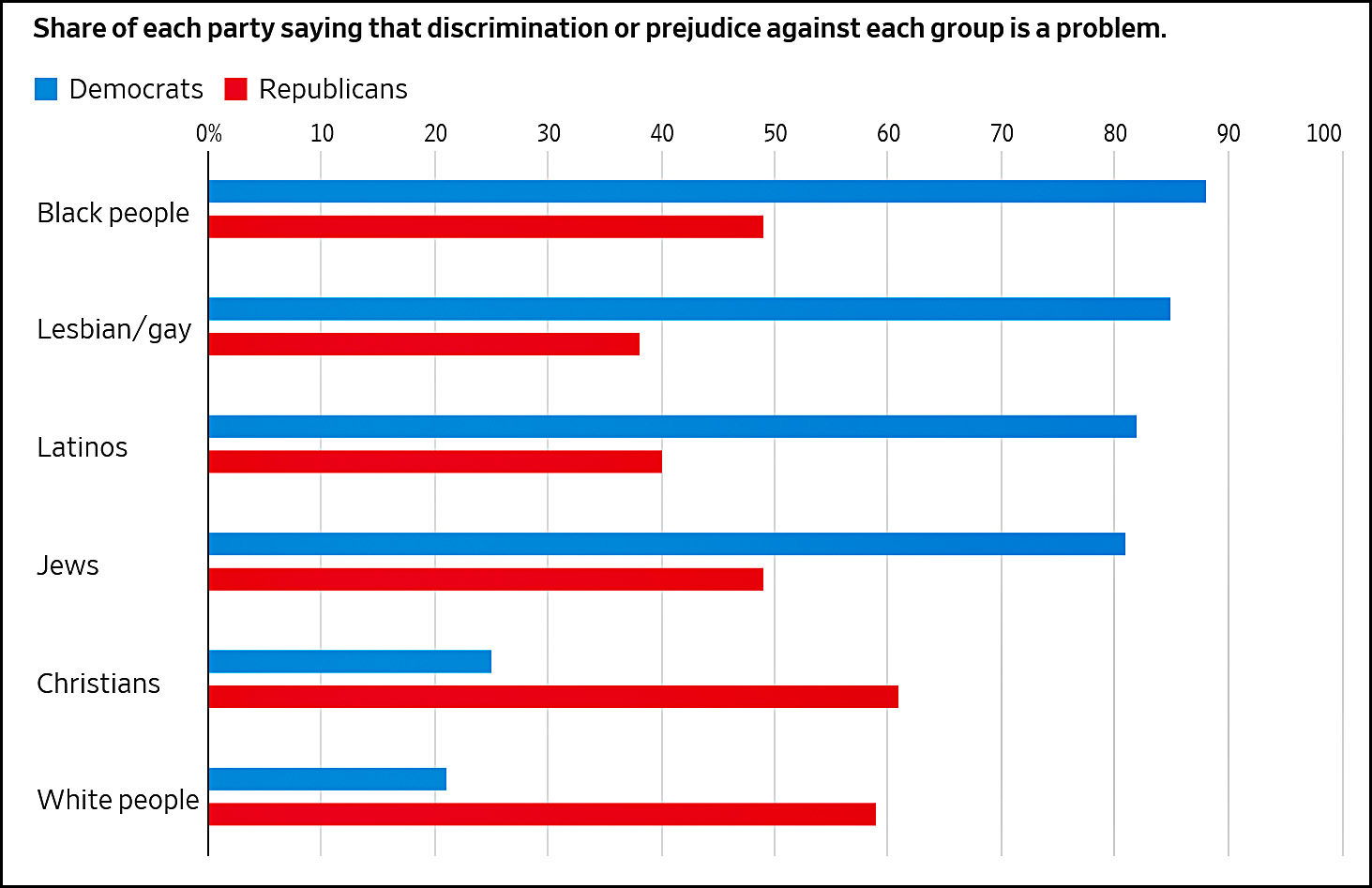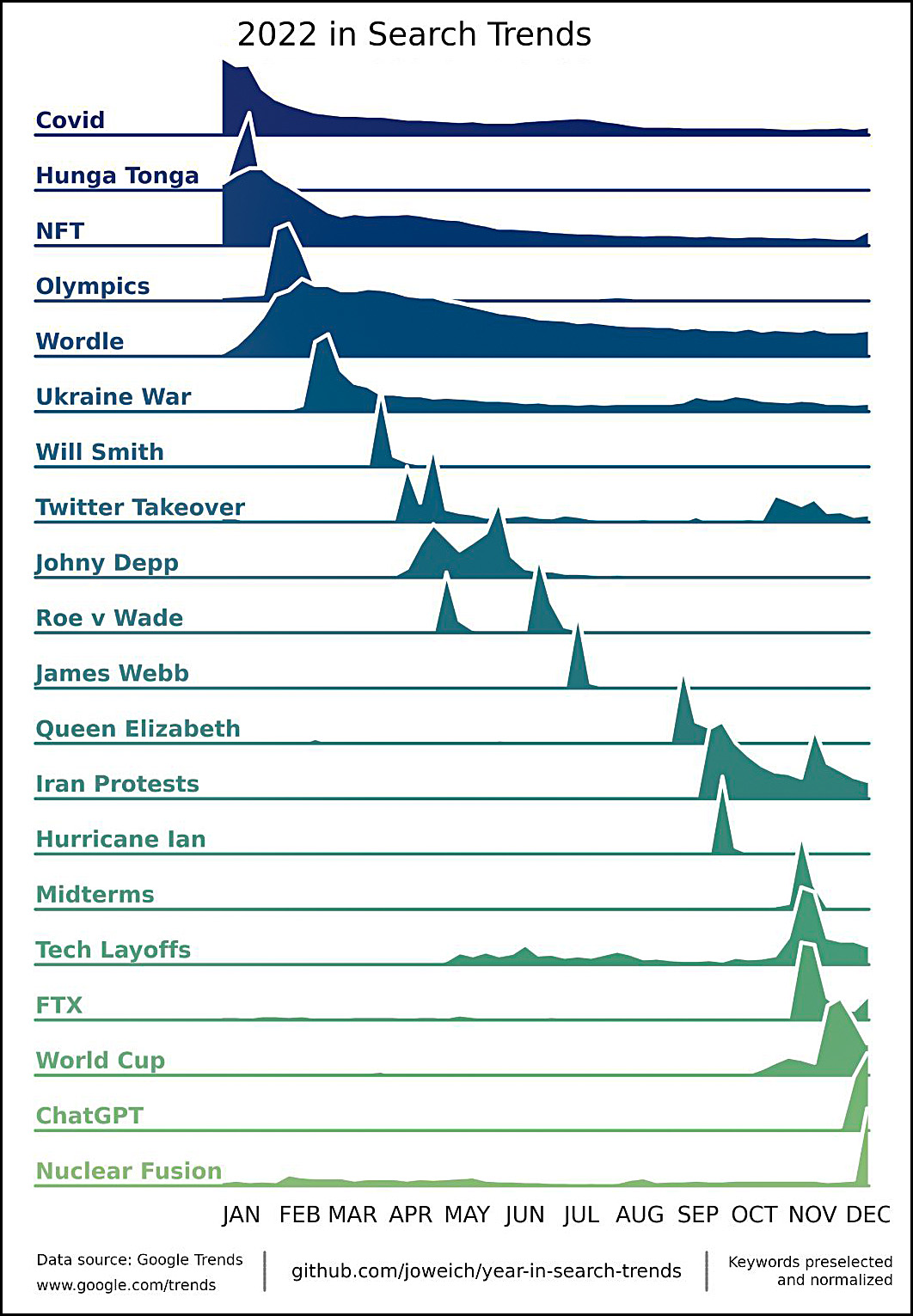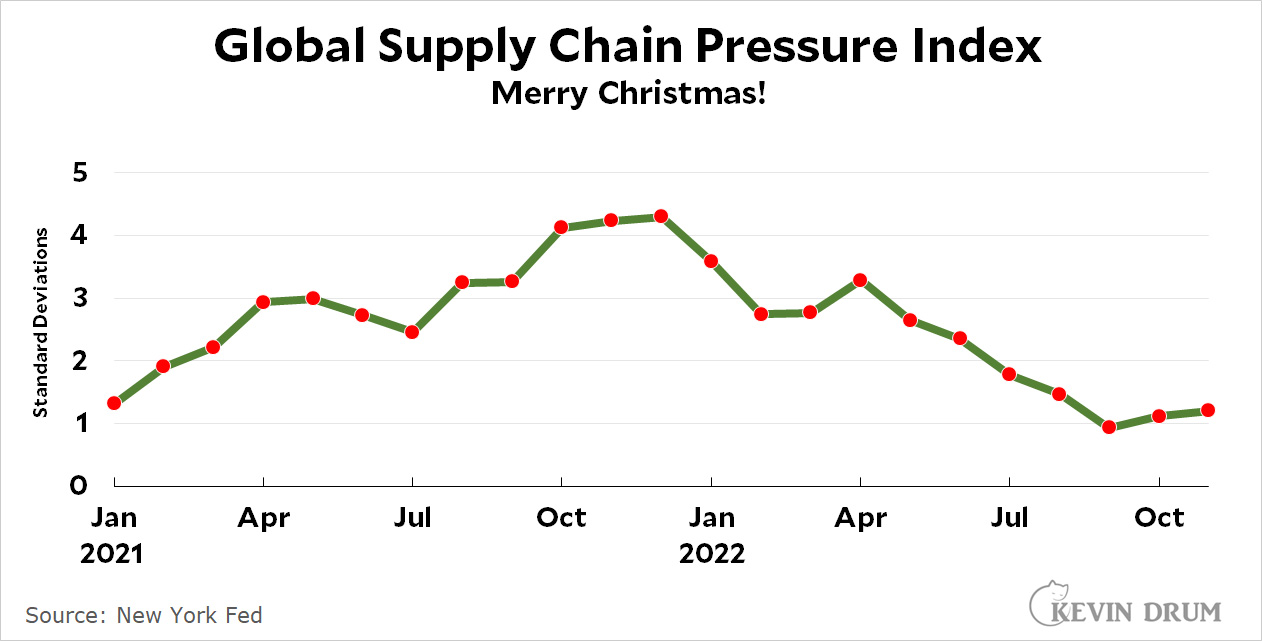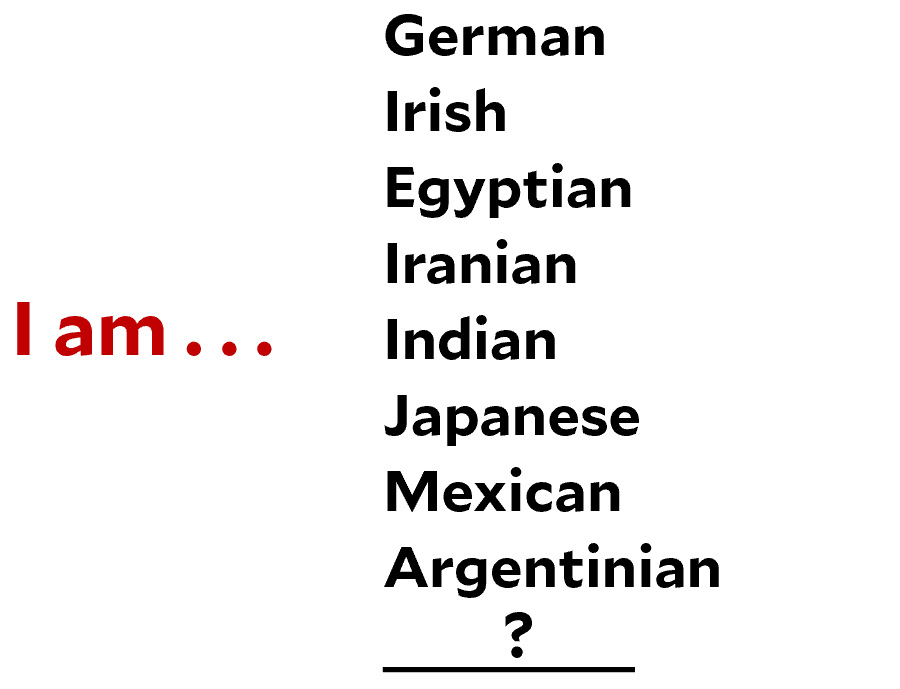I keep reading people—progressives, of course—asking "What do they mean by woke, anyway?" Well, I'm here to help.
There is, naturally, an original meaning of the word from progressives themselves. It's an old metaphor that was re-popularized by Black Lives Matter after the shooting of Michael Brown in Ferguson. It meant, roughly, being perceptive of racial prejudice, especially in the criminal justice system and more generally in the area of social justice.
Simple enough. But what does it mean to modern conservatives who use it pejoratively? I don't think this is much of a mystery either. It refers to a good idea that's been taken way too far.
This is a common dynamic. Once an idea is let loose on the world, there will always be a cadre of supporters who try to push it to its hyperlogical endpoint. Sometimes this works, sometimes it doesn't. Human nature being what it is, it's usually the latter in the short term but sometimes the former in the longer term.
Woke is still in the short term, so naturally as people experiment with more and more unusual interpretations in order to test boundaries, it's going to inspire lots of pushback. This is because some of these interpretations really are dumb, while some is because conservatives have an unfortunate animus toward being perceptive of racial prejudice of any kind, even when it's pretty obvious.

Anyway, that's what woke means to conservatives. Its overall proximate cause is a dislike of anything that suggests white people sometimes act badly, while its case-specific causes are usually just matters of cherry picking the dumbest and most extreme examples of progressive attempts to promote less obtuse language. This will probably never change since it has the happy effect of allowing conservatives to ignore the problem being addressed.











